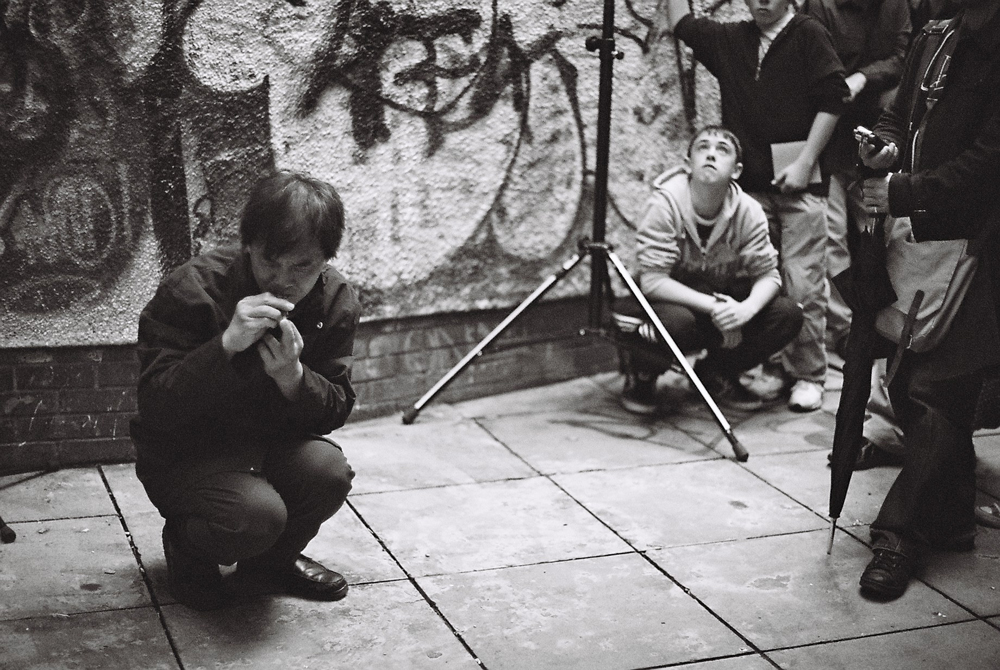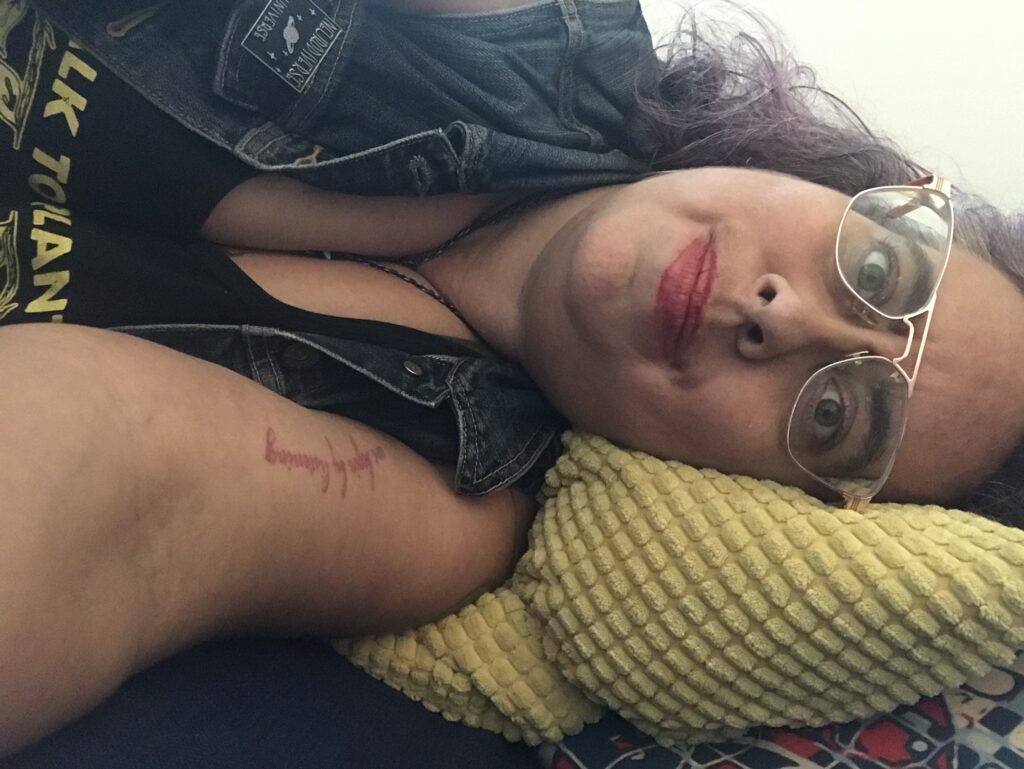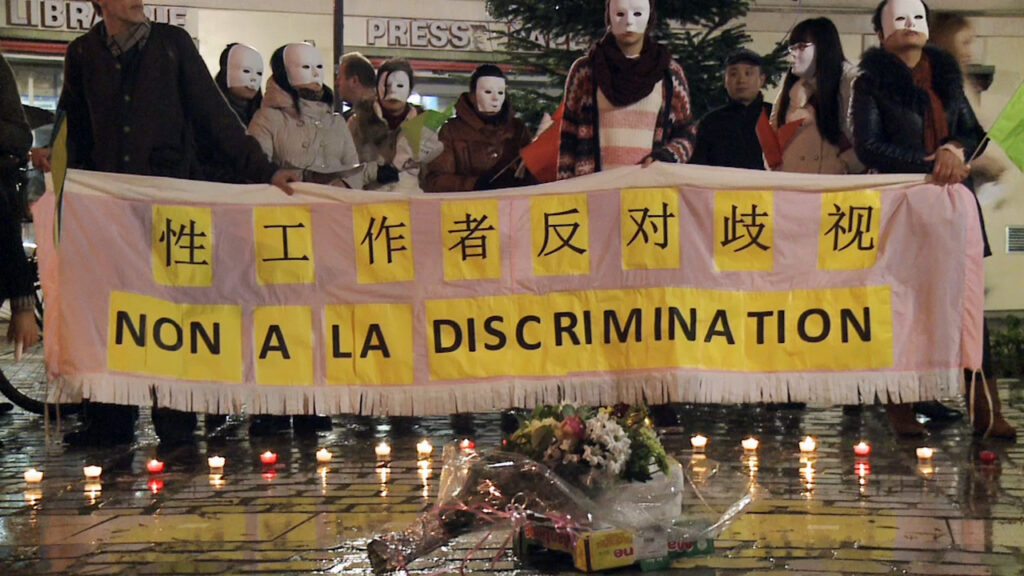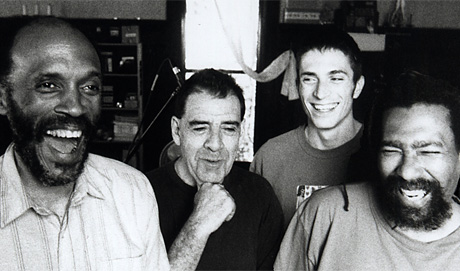
Film Programme 2: Sound
Various Artists Burkhard Stangl Werner Dafeldecker
The films in the programme take the essential and fundamental building blocks of cinema (combining sound and image through time) screw about with them, interrogate them and cast them anew.








